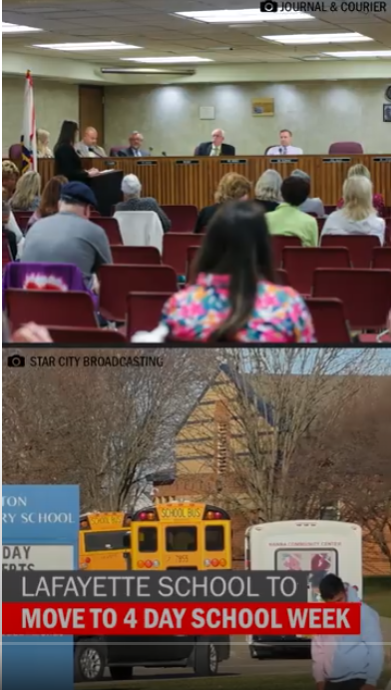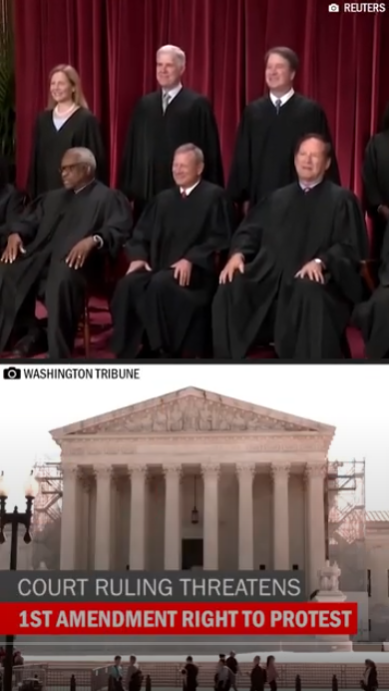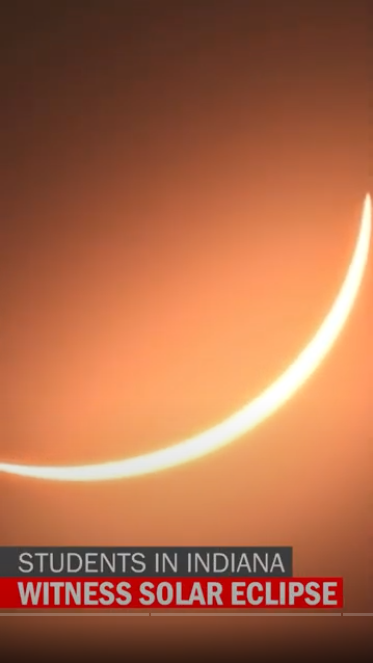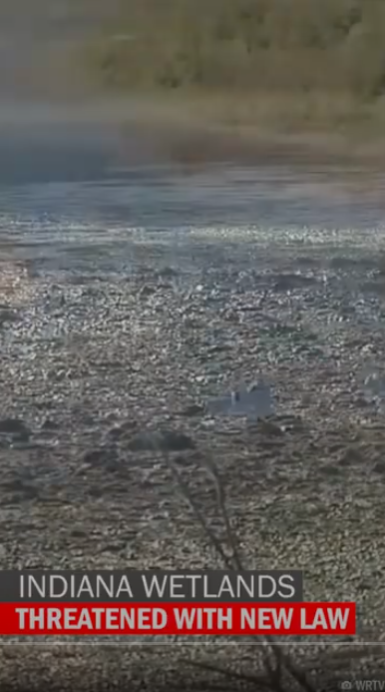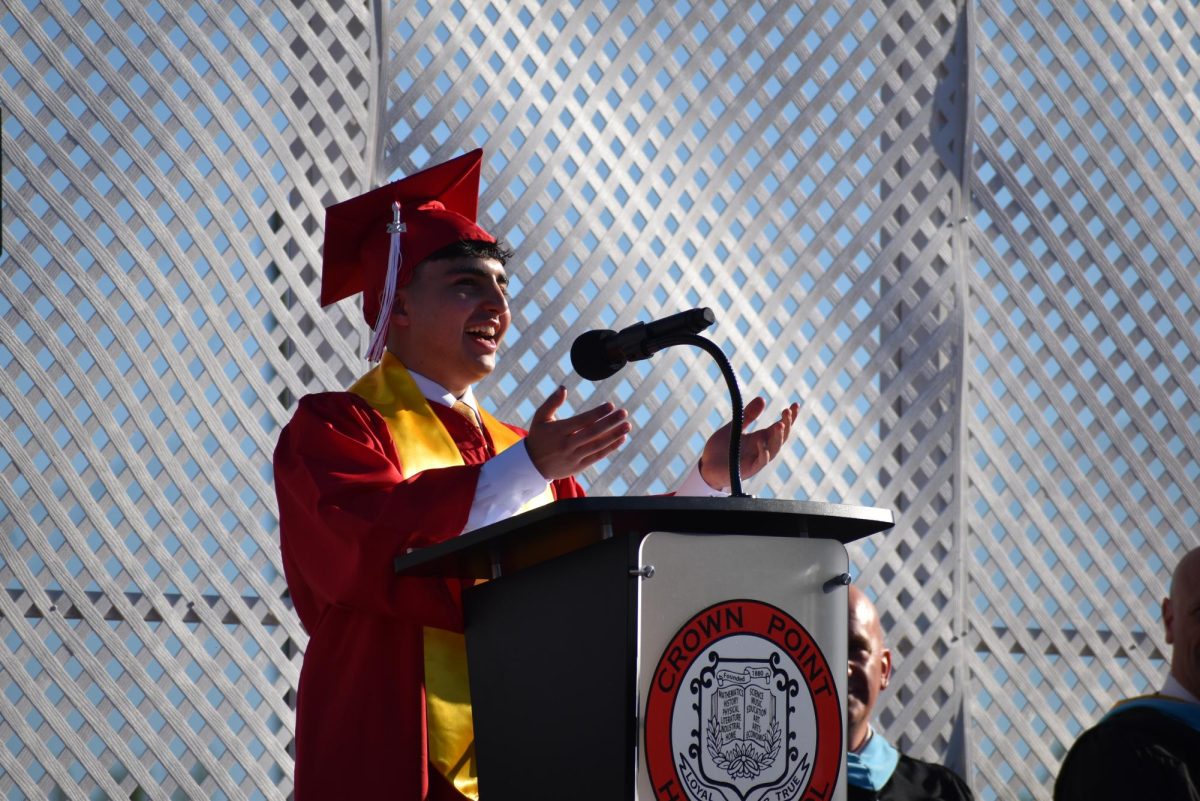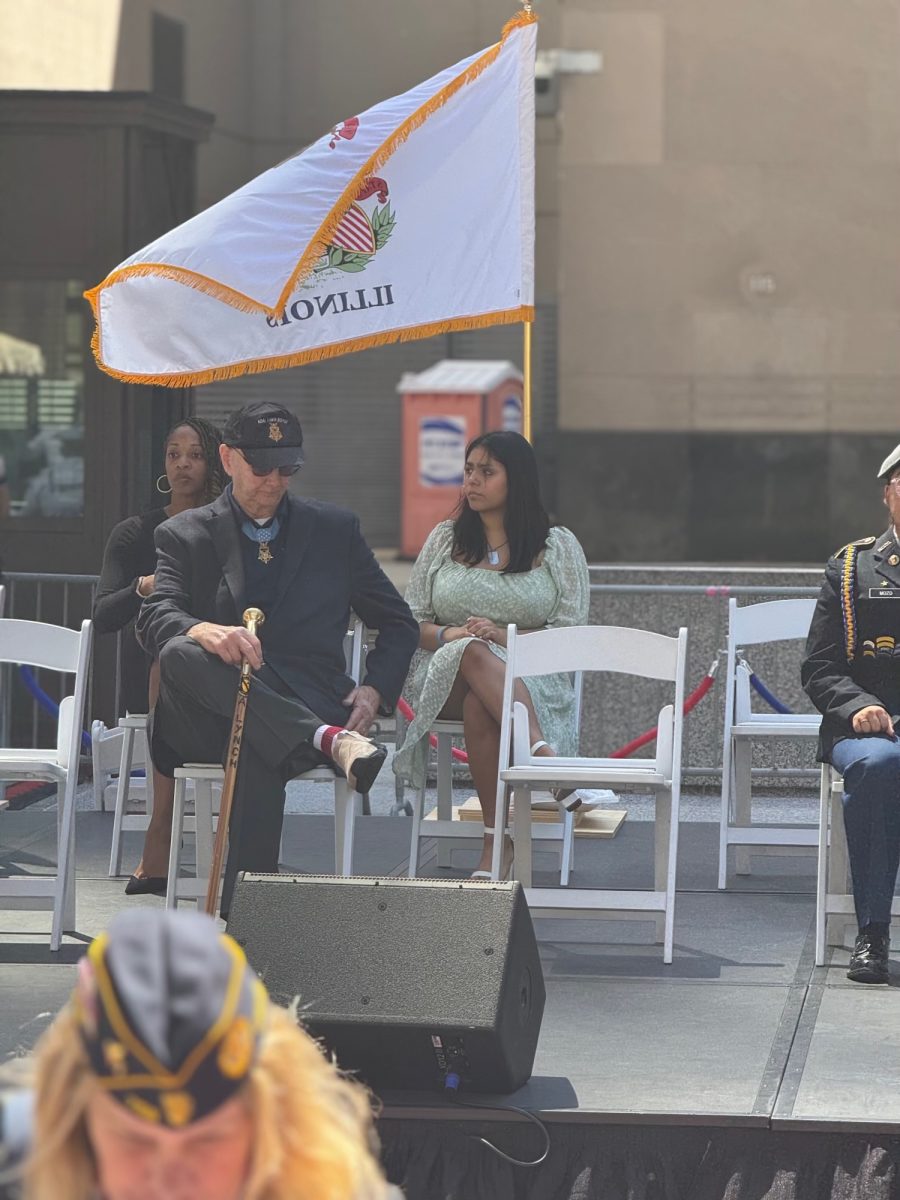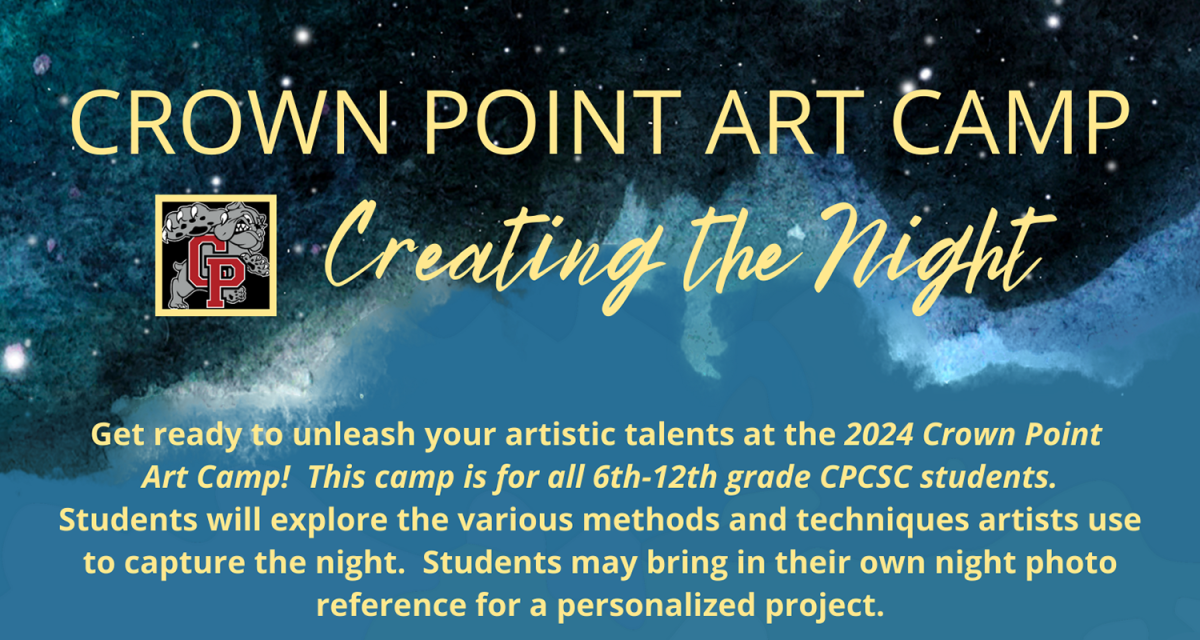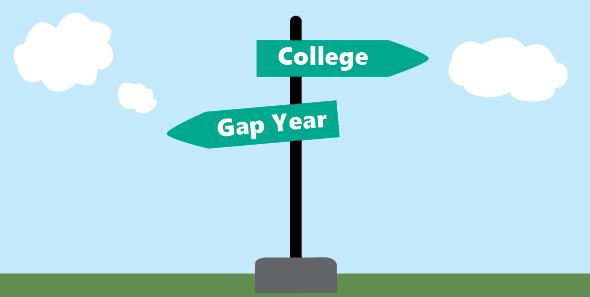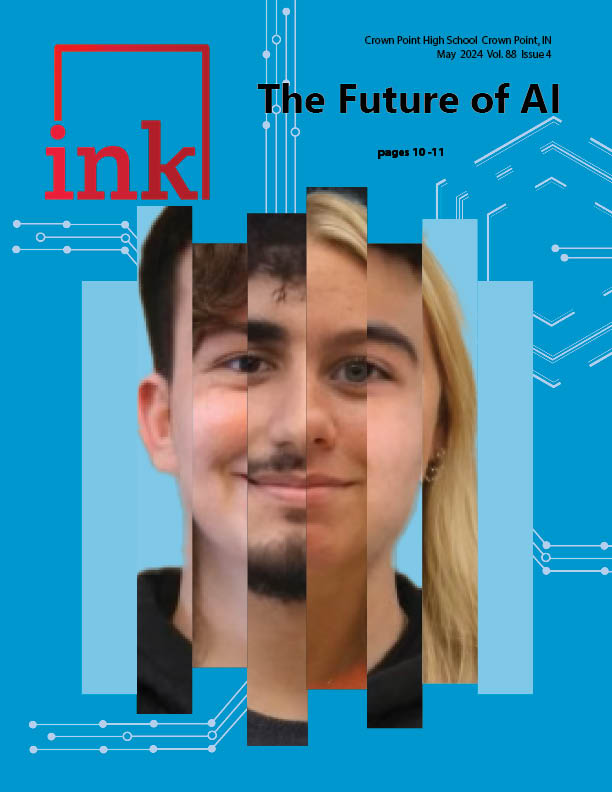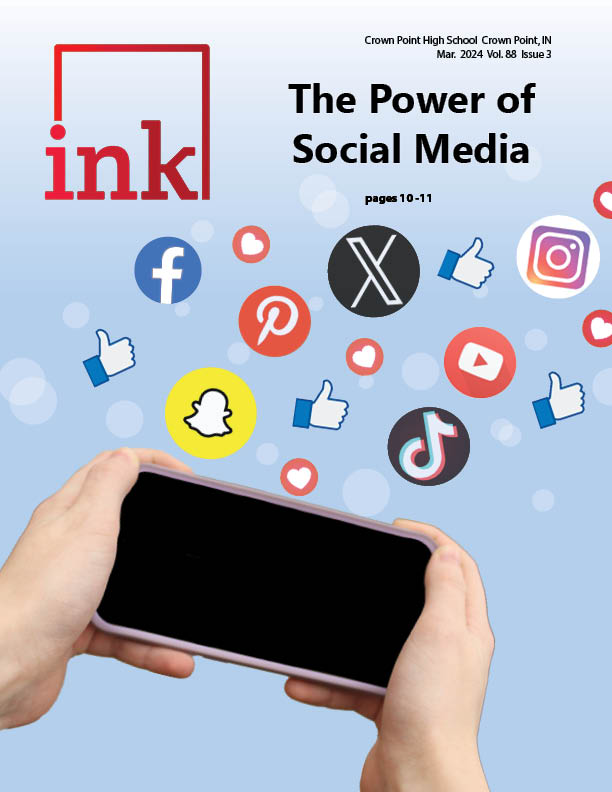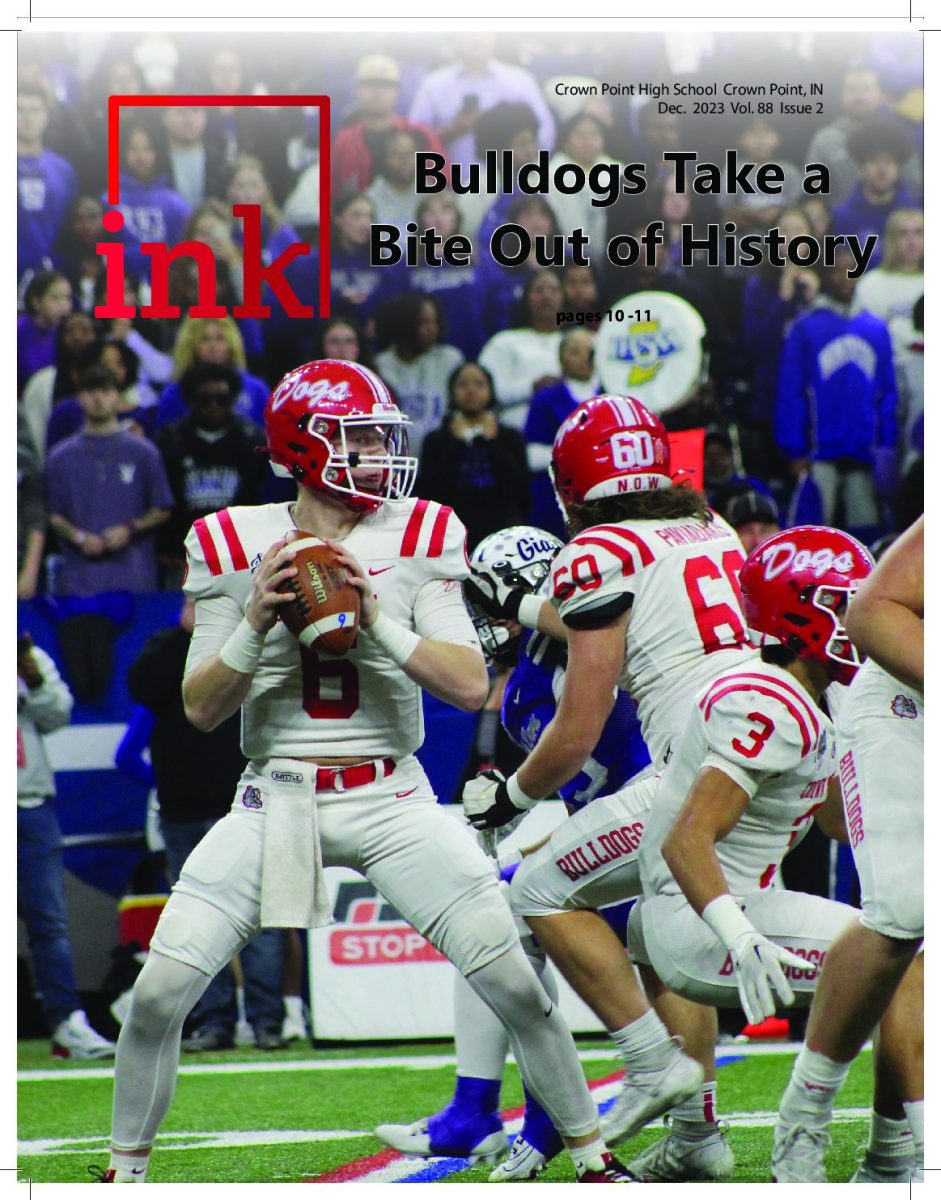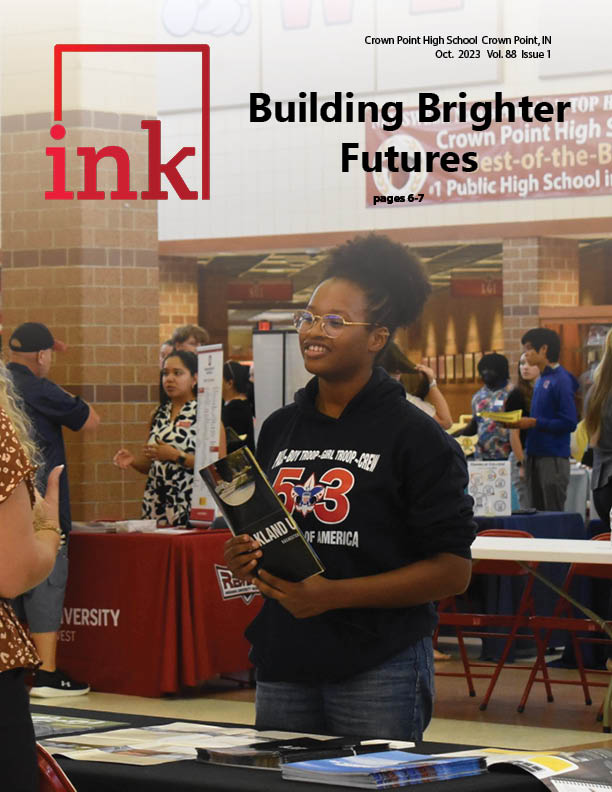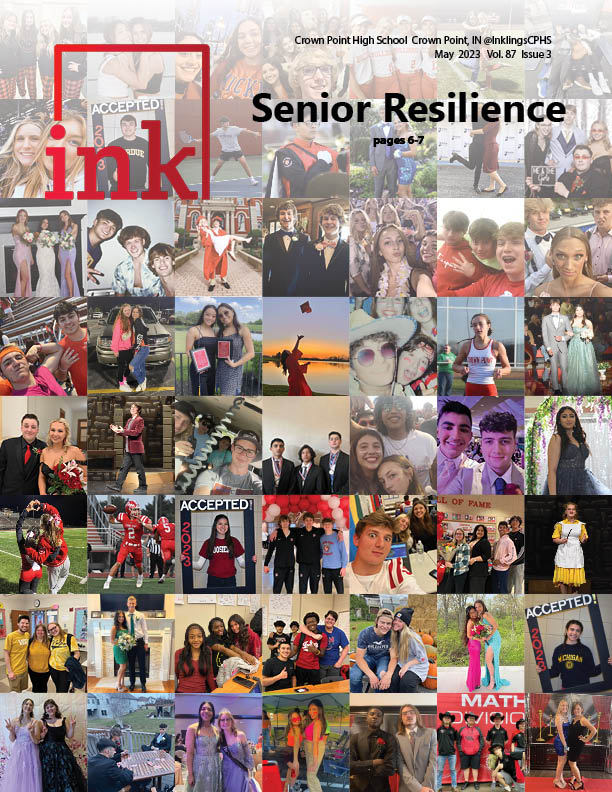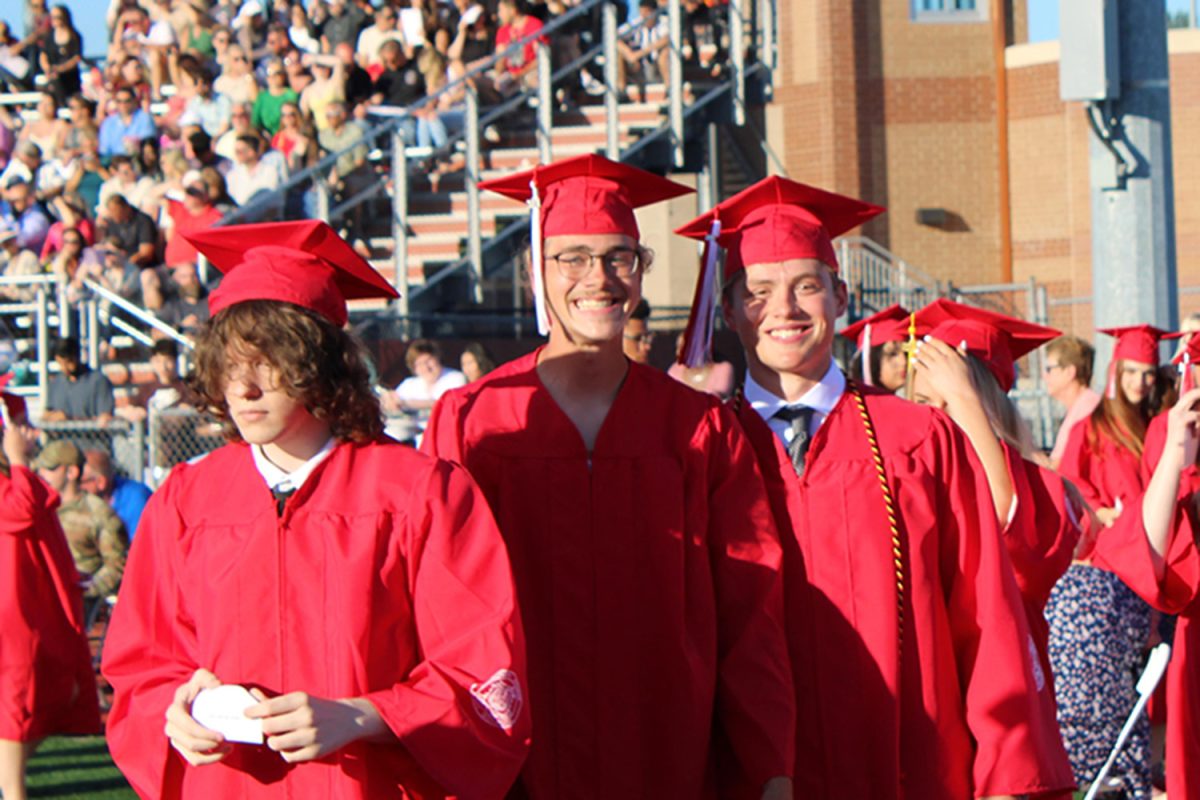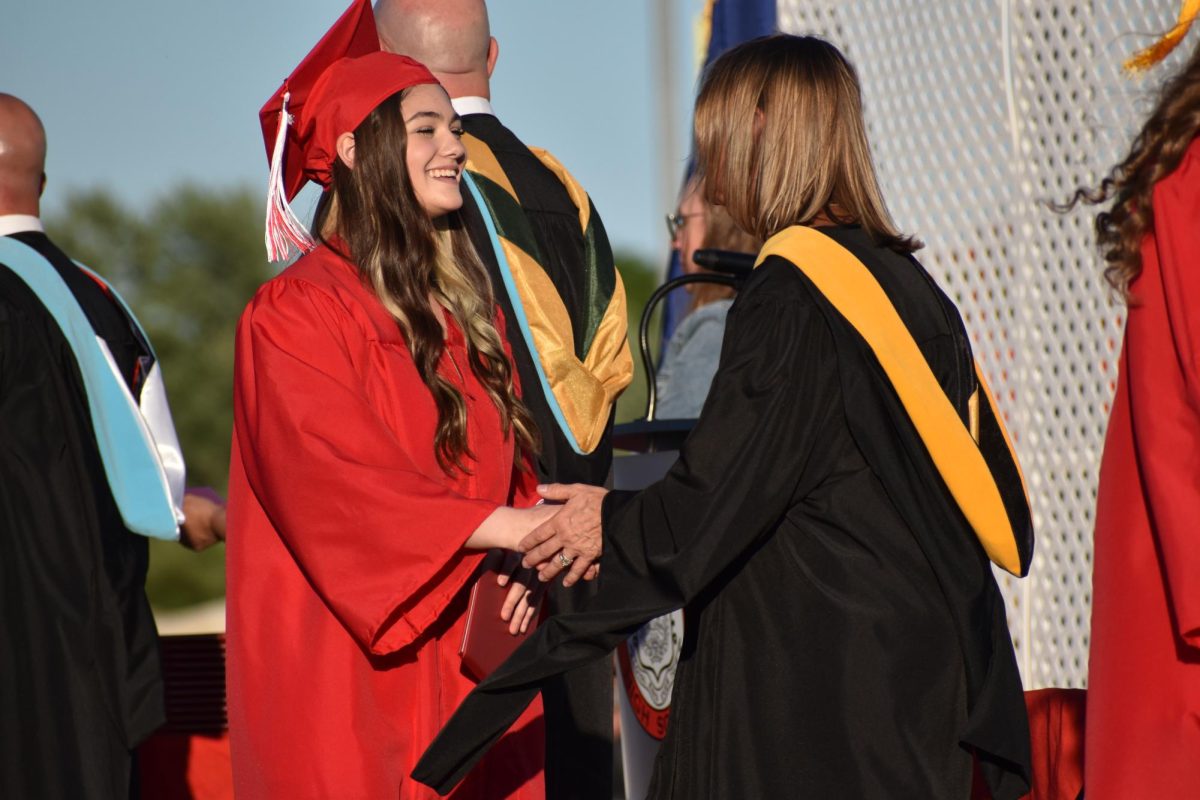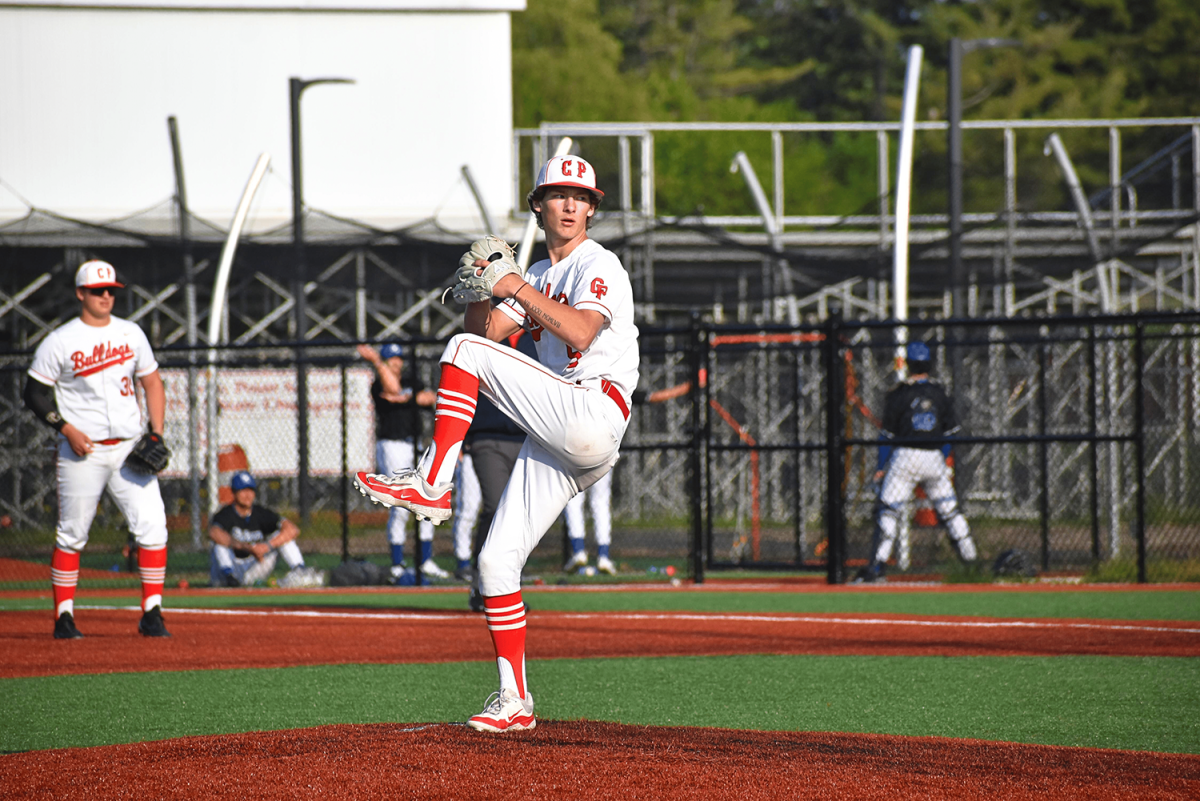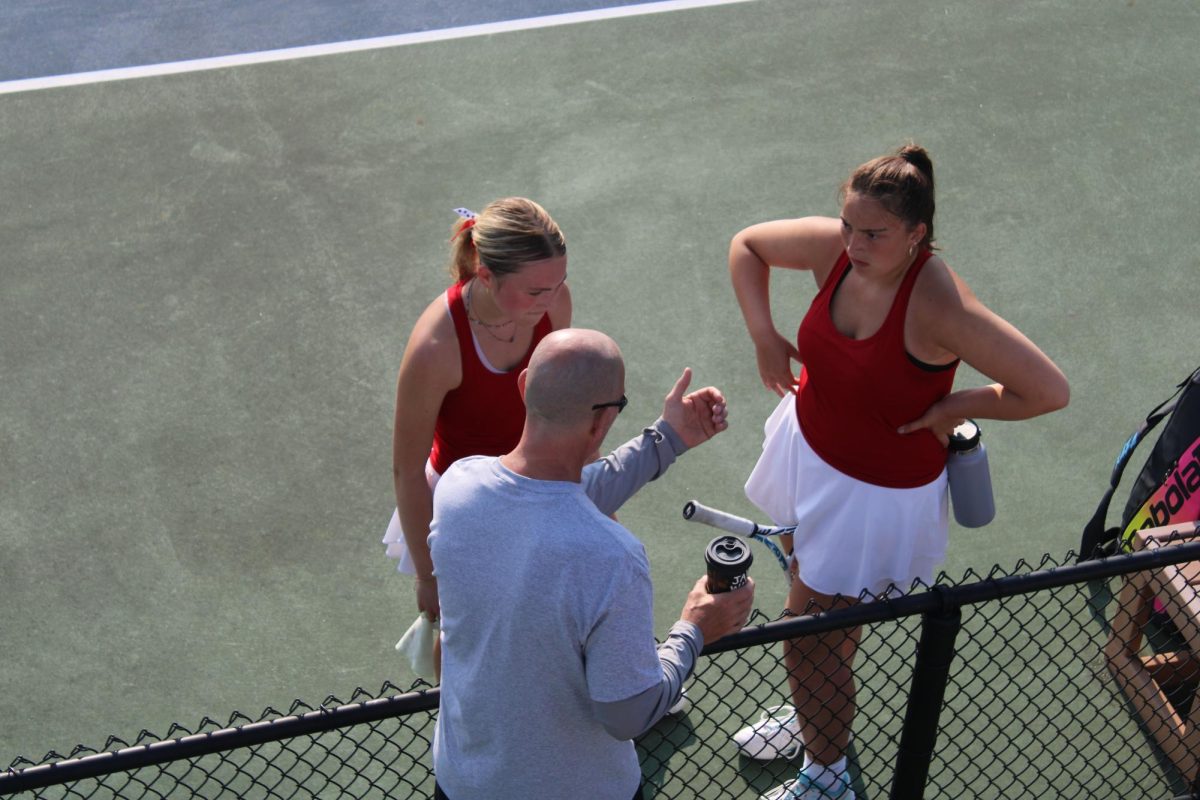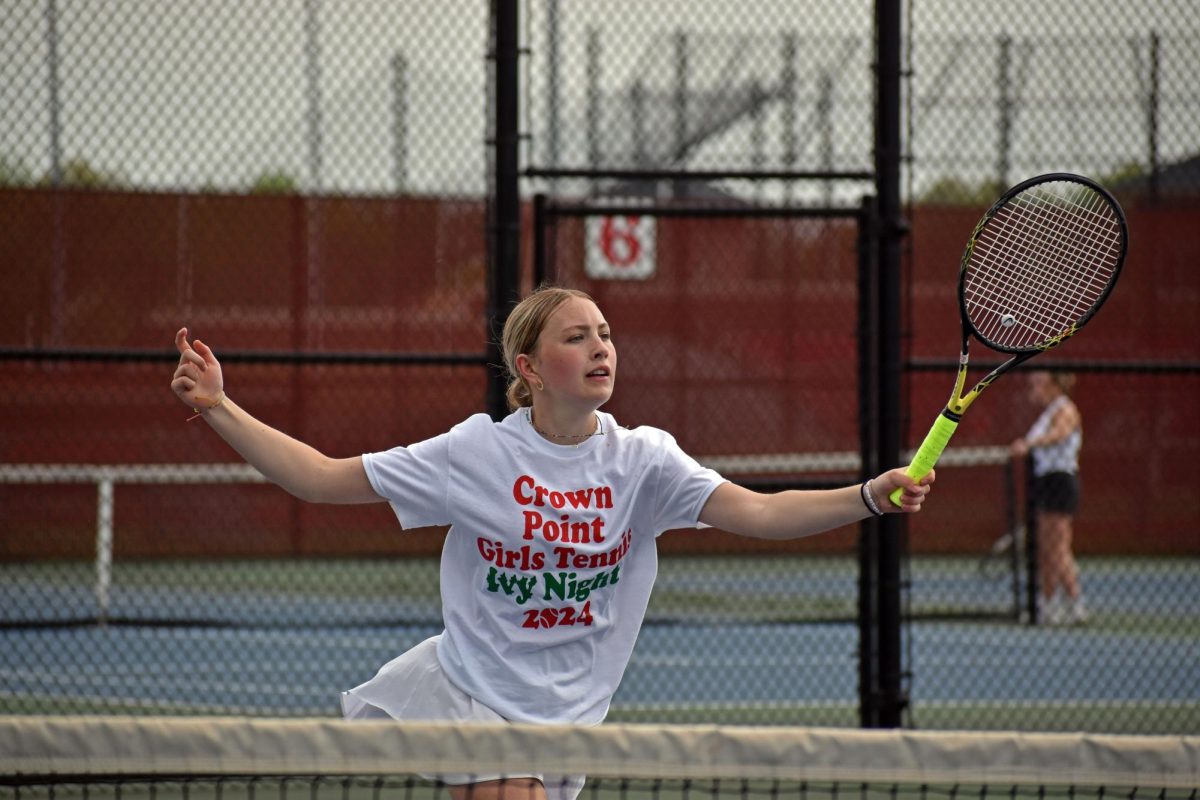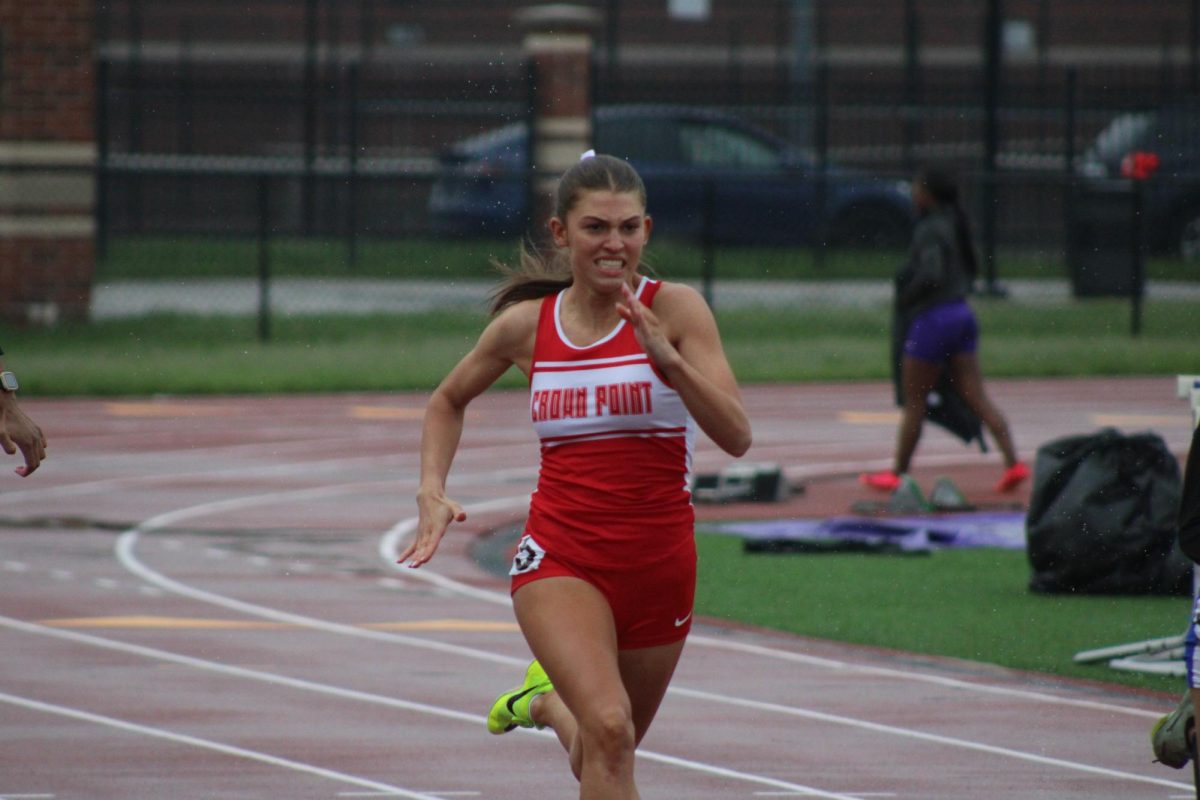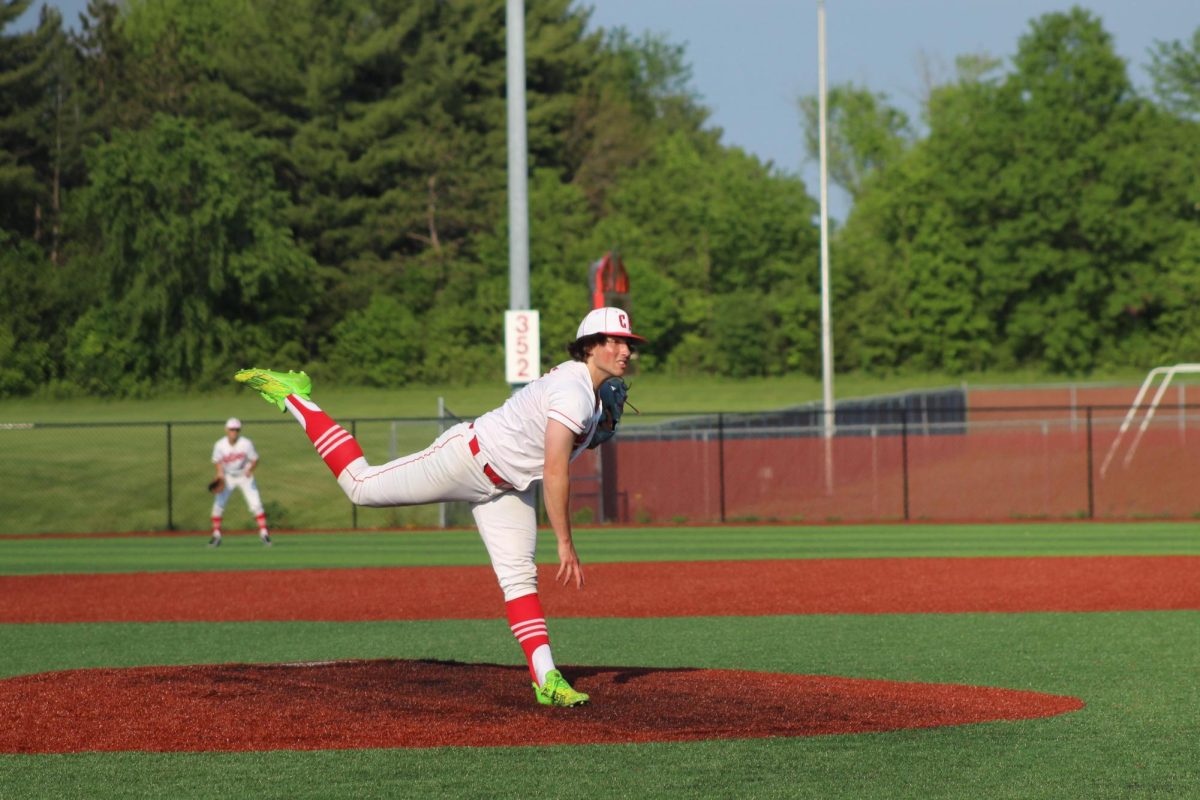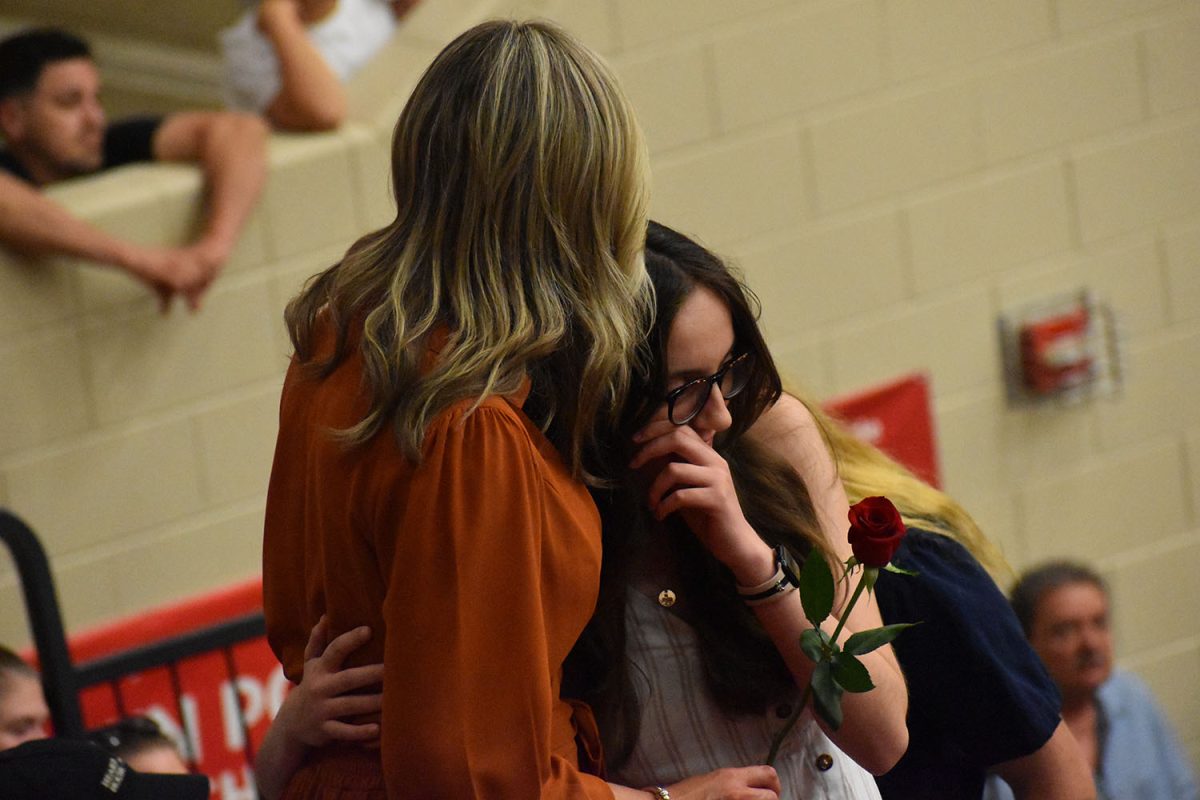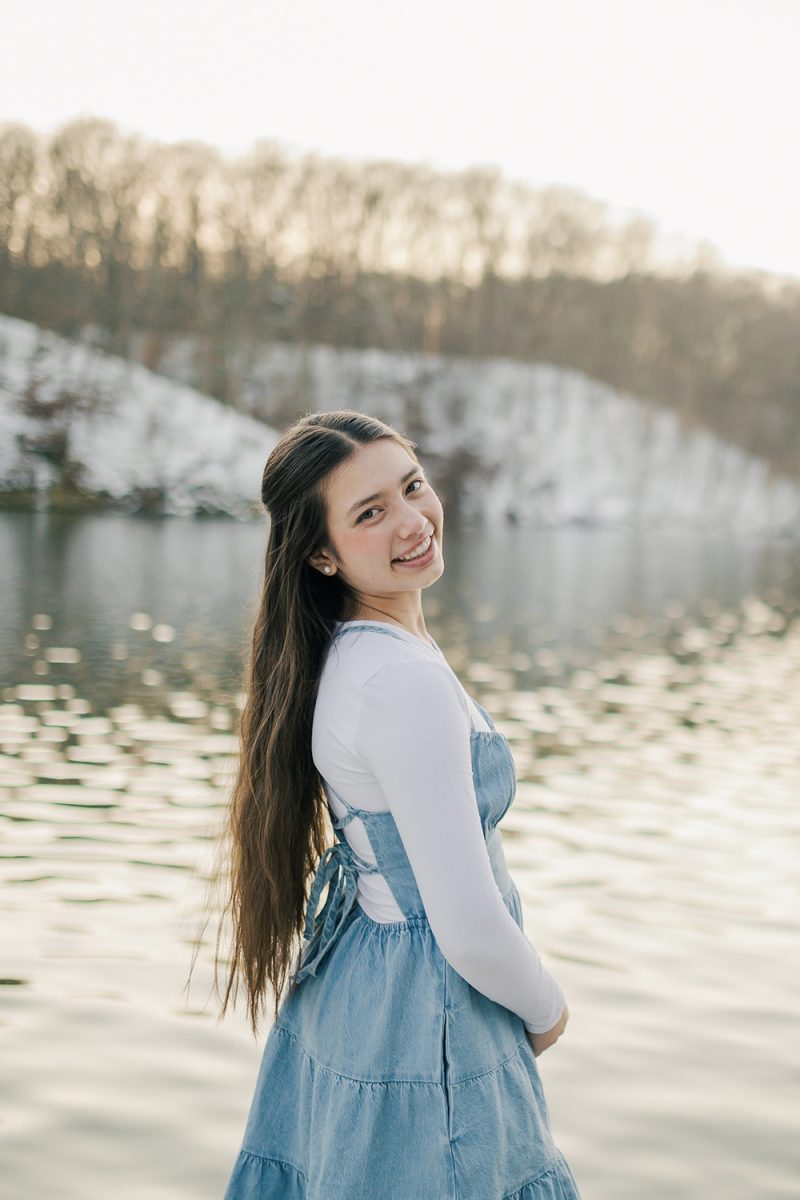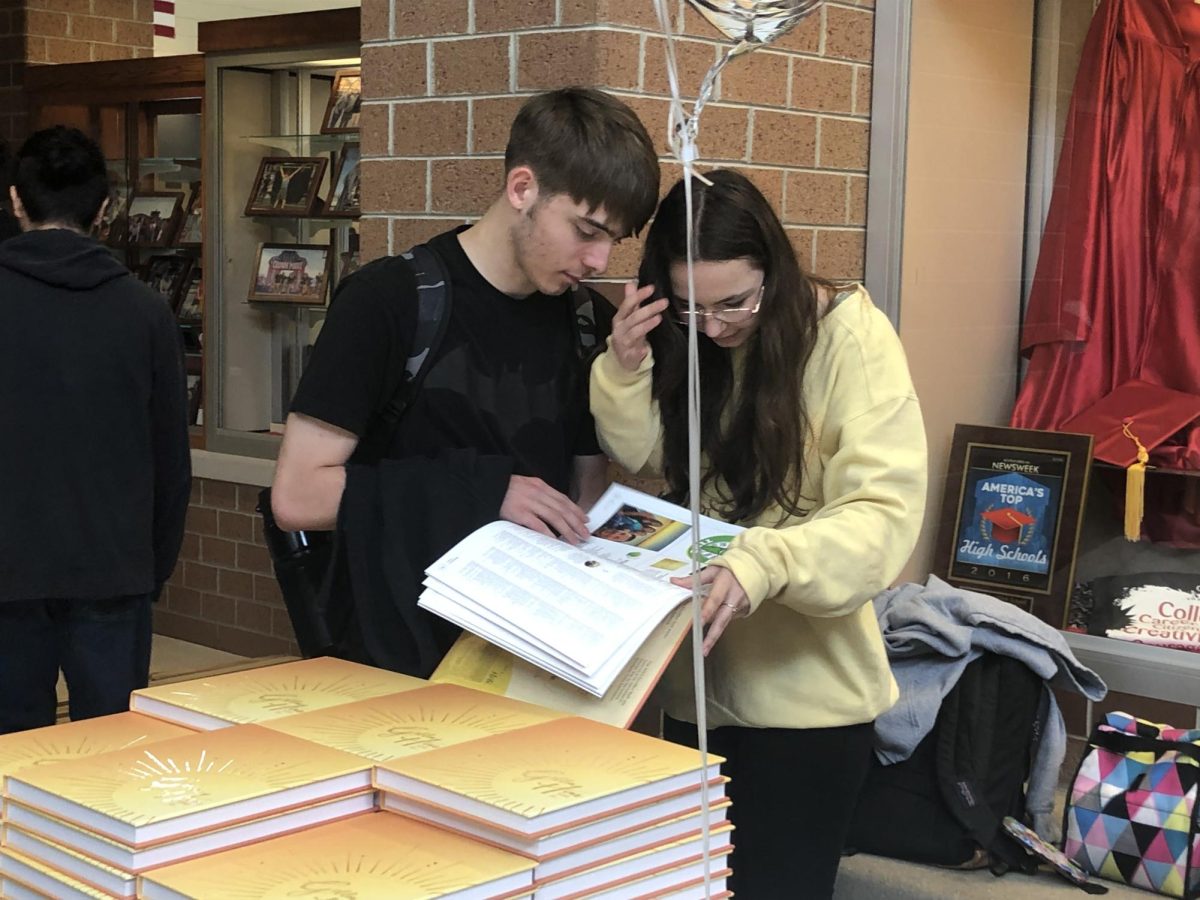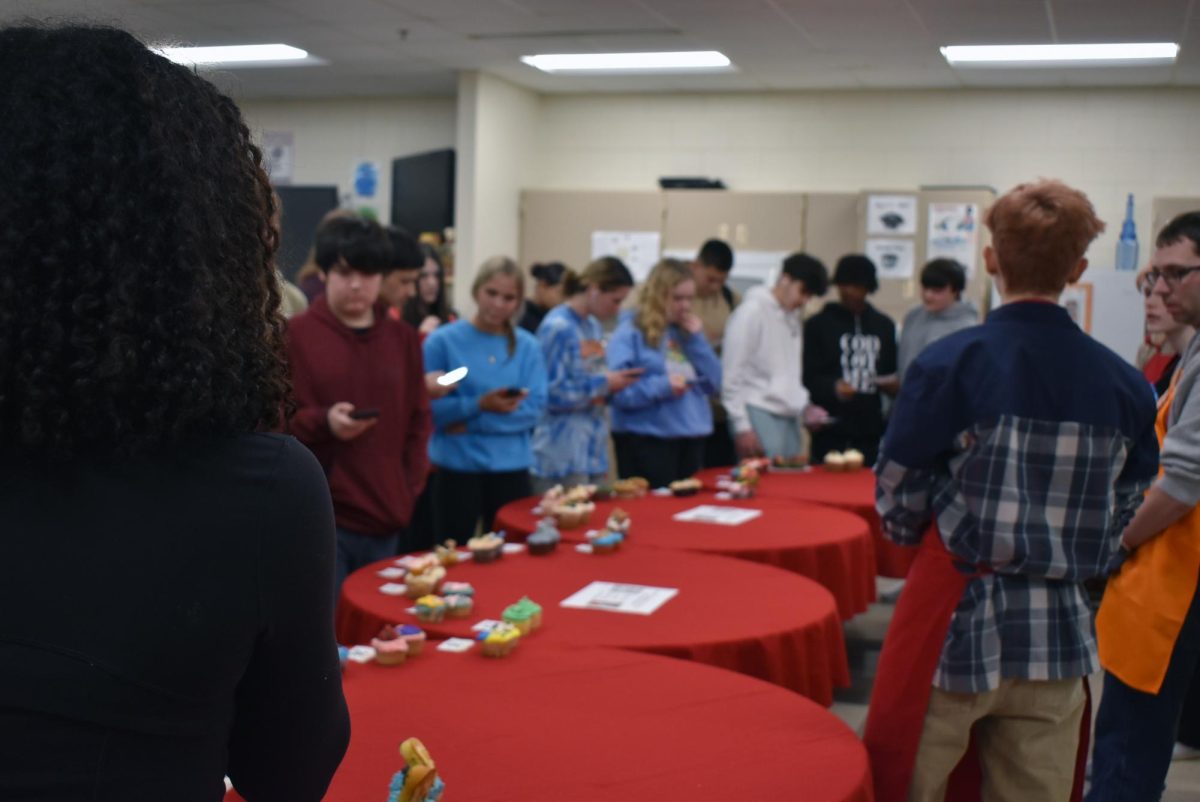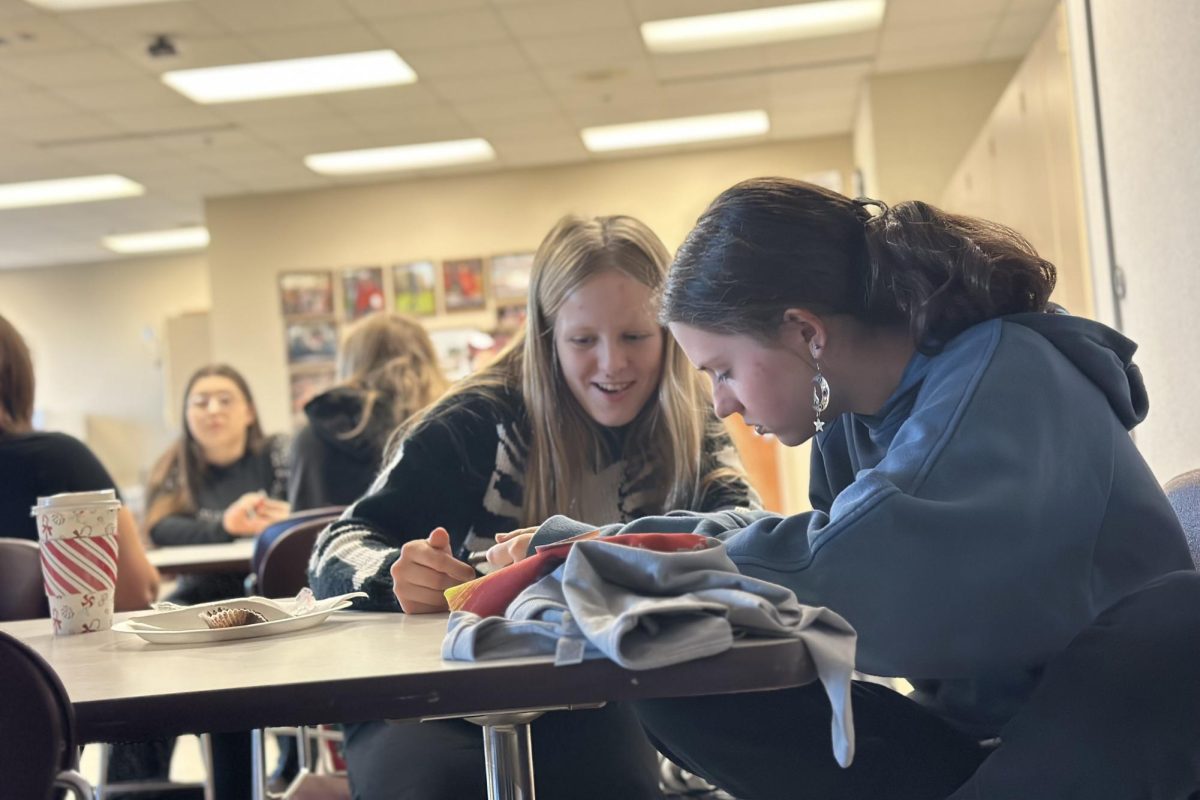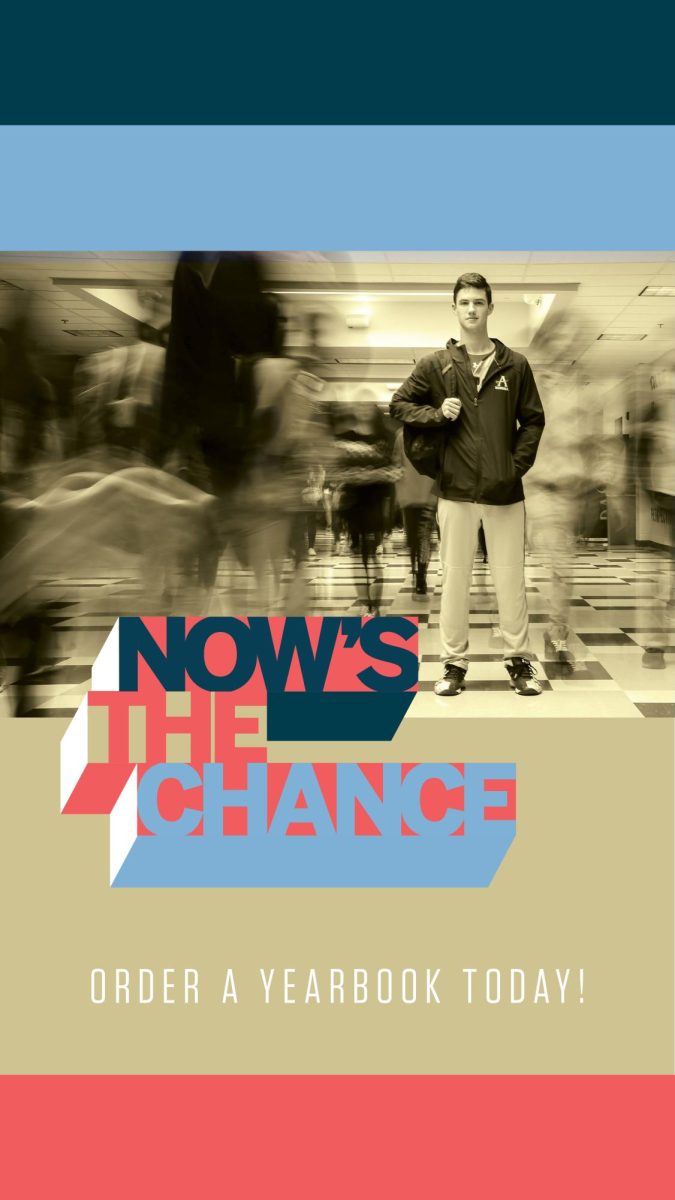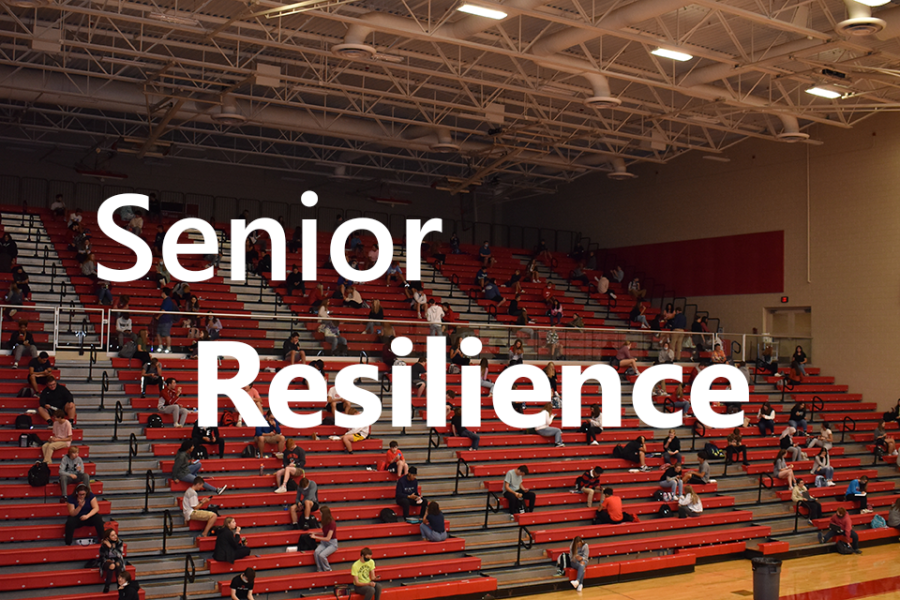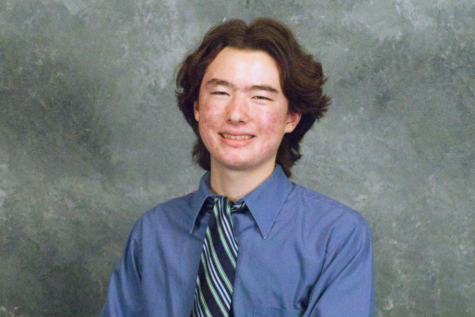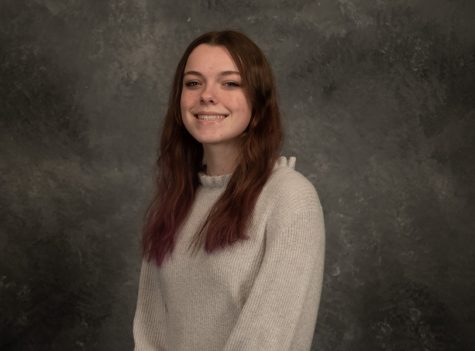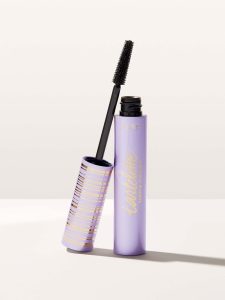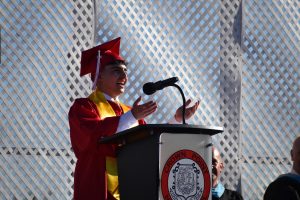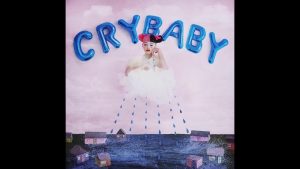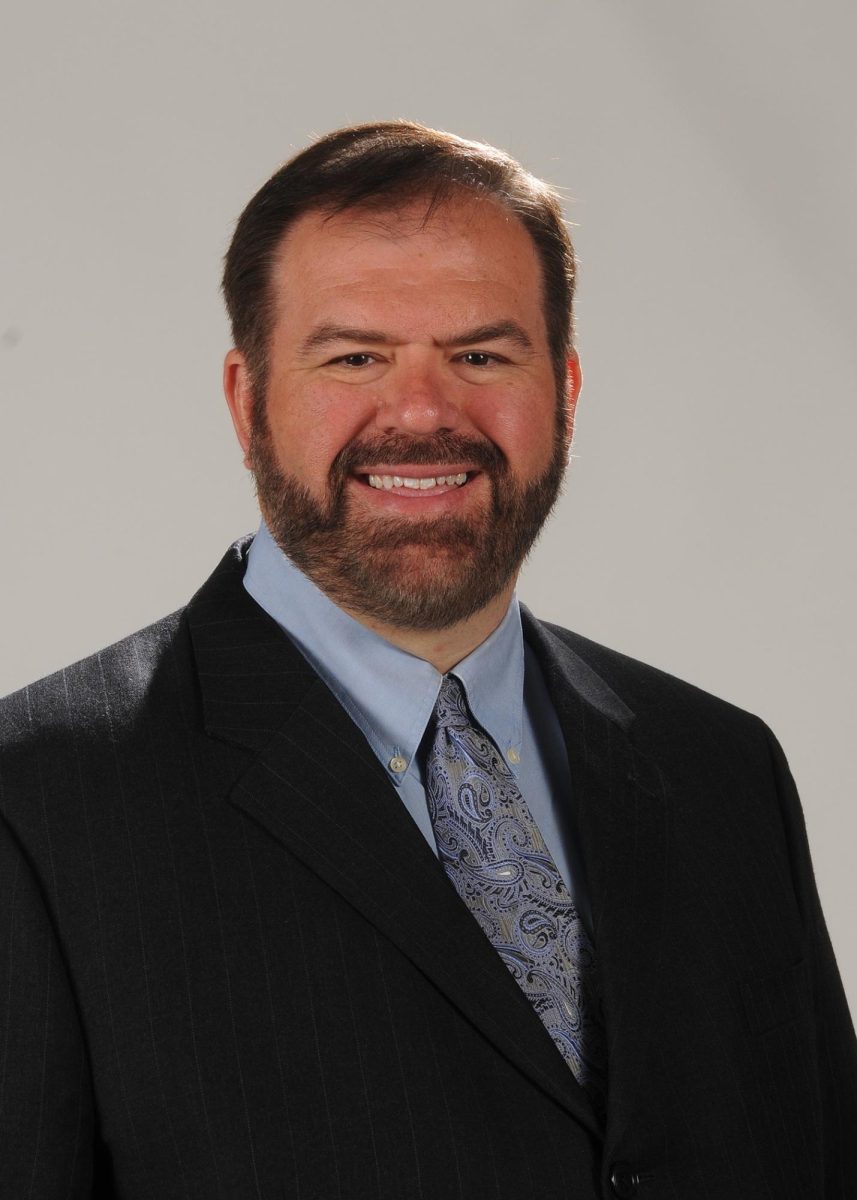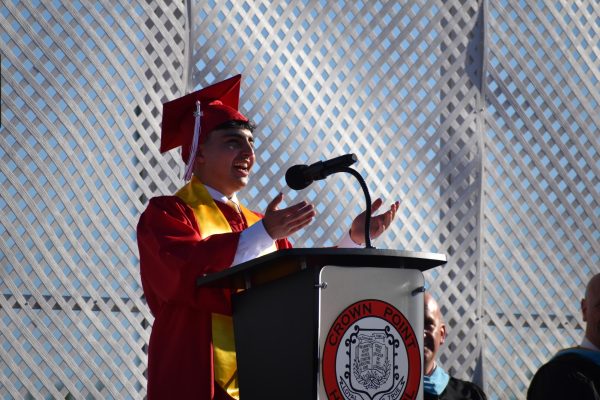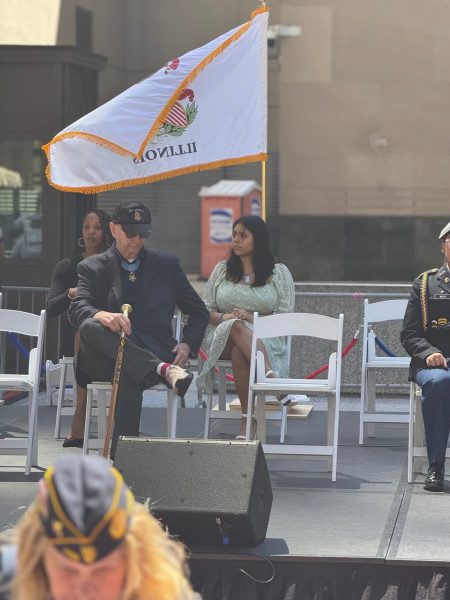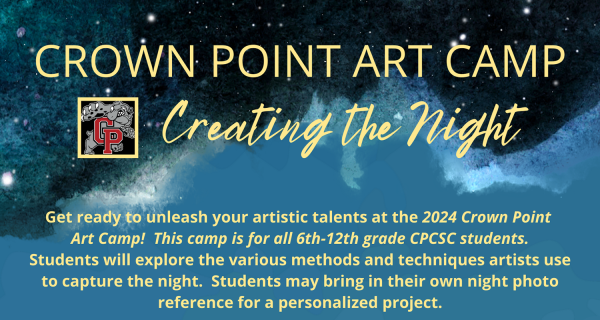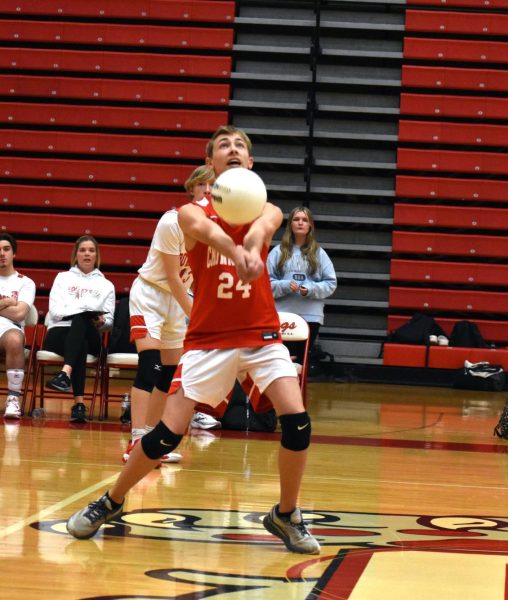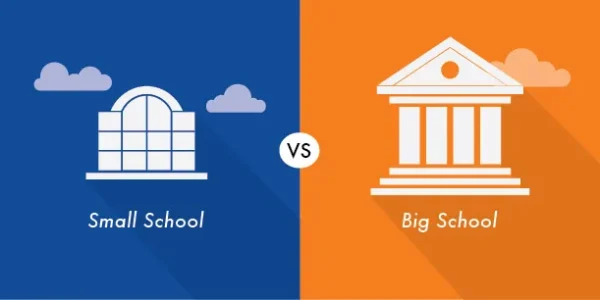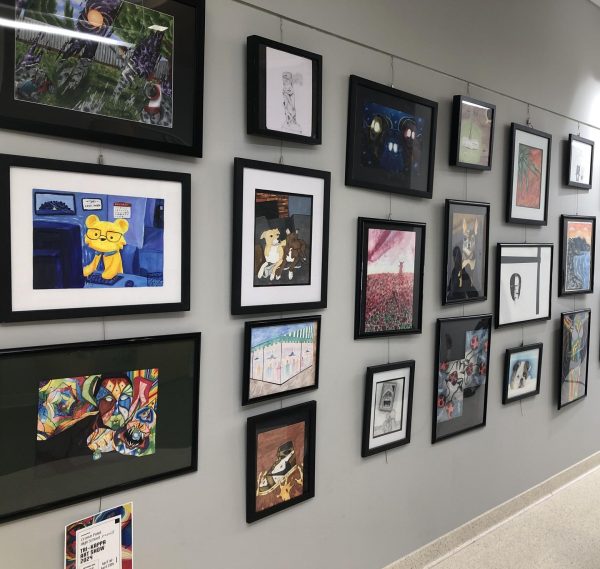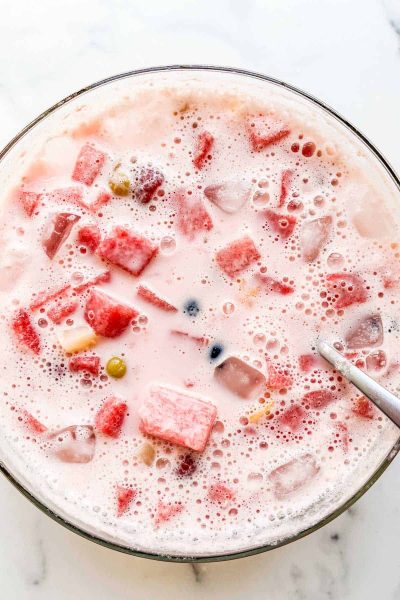Senior Resilience
May 19, 2023
Four years after the beginning of the COVID-19 pandemic, the senior class of 2023 will be leaving Crown Point High School, having been the last class to experience its major impacts on the high school. Since the initial transition to distanced learning on March 13, 2020, the pandemic has been a defining moment in many of our lives, and the effects of it still last to this day.
With the dawn of the COVID-19 pandemic in March, most students did not know what to make of the novel disease. So much so that it almost seemed unreal to senior Andrew Evanich.
“I remember when I first heard of [COVID-19], it was almost like a joke,” said Evanich. “I thought it was going to maybe finish out the school year and then [COVID-19] would be done, the summer would knock it out.”
In a poll by Inklings sent to senior resources, out of 228 students, about half thought distanced learning would only last 2-4 weeks, with nearly a quarter expecting less than two weeks. To better communicate with students during this time, some teachers started using the popular virtual meeting app Zoom to provide live instruction. Evanich feels Zooms took away the personal connection he had in class.
“You can watch a video of somebody, but you don’t actually get to know the person by that video. You can’t figure out who they are. You just see a video of them doing something. I didn’t really feel connected to any of the teachers [in Zoom] as I usually do,” Evanich said.
With distance learning being new for teachers and students, senior Elena Minan suggests this is why her and other students did not have, or had more, Zooms until next semester.
“In the beginning, a lot of teachers were stressed out trying to figure out what to do, how to put it on Buzz, so not everybody was doing Zooms at the time,” said Minan. “I felt like Zooms came about more my sophomore year, and even then it was a little rocky. Not everybody could get on or teacher schedules were different. My freshman year was the hardest because no teachers did Zoom at the time.”
Although teachers tried to stay in touch, it was up to the students to maintain the motivation to do class work, which was a challenge for Evanich.
“I just struggled getting motivated to do stuff. I’m a big procrastinator,” Evanich said. “Also balancing so many classes at once by yourself. Putting history, math, English and all the other five classes all at the same time was difficult.”
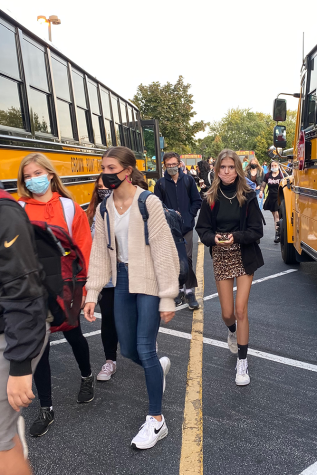
Minan saw a similar problem in her tennis team which could not practice together at the time.
“We were all kind of lazy because we all had to do it individually. It was harder because tennis is kind of a two player sport with the ball,” said Minan. “It altered the whole team because we weren’t there together, we couldn’t practice together, so when we all came back together it was a hot mess because everybody was doing their own workouts. We weren’t collaborating on our skills together and how to work together as a team, or partners or anything.”
Although some sports teams continued, others disbanded soon after distance learning began. Having gone through his preseason for track, DeVany was disappointed to have missed what would have been his first year on the team.
“I’d miss my first year of track, which was a bummer because I did the entire preseason,” said DeVany. “We were, maybe a week, days away from our first meet. I still remember that Friday, March 16 or 13th. We all went down there and they’re like ‘Hey, guys, two weeks off.’ I was a little happy because I was nervous for it to start.”
The following summer would be a closing period for the usual activities. Friendships would take a toll as we were staying home during this time. Senior Nathan Corman mentioned how socially different this summer was.
“That summer felt really lonely because I was stuck inside most of the time. I did little expeditions here and there out and about, but all of it was going walking in the woods and things on my own,” Corman said.
As the fall of 2020 approached, students and parents were sent an email from Crown Point High School over the new changes and procedures implemented “in order to keep everyone safe and our building open.” The assignment of hybrid schedule was one change that Minan found hard to work around while on the tennis team.
“Other players were dealing with the same things as we were, but without that practice of being there all the time. I think it was ten times harder because you didn’t know how you and your partner worked,” Minan said.
For others like DeVany, the time away from school provided a period of rest from both track and school.
“Having that Wednesday off, not only did it benefit my track performance, but also it benefited my academic performance. It was so nice to have a rest day because it’s only two days that you’re really going at it. Then you get a day to just take your time and catch up. Another two days and then you got the weekend,” DeVany said.
“I was really nervous because I haven’t been in school for like, two years,” Evanich said, “But it was probably my favorite year of high school. Honestly. I felt just so good to be back with people.”
— Andrew Evanich
“For my radio and television class, we had to stop a lot of the things we had [planned]. We lost some projects that we had going on. We had to stop our weekly CPTV news, which was
tough,” DeVany said.
Evanich mentioned that problems from the hack continued into their competition season, which led them to using the free digital audio editor,
Over time, the high school would switch between green, yellow, and red schedules. It was not long for hybrid students to experience all three. After a month of yellow, the school would go into green, and then red two weeks later. Despite these shifts in schedules, clubs and sports still continued, even for virtual students like Evanich who was in Theatre Club at the time.
“The first show I ever did there was no audience. There’s only five people,” Evanich said, “and doing a show in front of five people is a weird thing. You can’t build up anything. People don’t laugh when there’s only five people in a huge empty room.”
While the school was beginning to open up, some high school events were still canceled; most notably the homecoming, turnabout, and prom dances; or became virtual, like the pep rally. The cancellation of prom launched the creation of Friday Night Lights, which has continued up until this year.
August 2021 opened back up with the student population back on to one schedule, lunches back in the cafeteria and masks being optional. Being the first year to try and come back to “normal”, it took some getting used to, especially for Evanich coming out of his virtual sophomore year.
“I was really nervous because I haven’t been in school for like, two years,” Evanich said, “But it was probably my favorite year of high school. Honestly. I felt just so good to be back with people.”
 While still having health concerns, Minan was excited to be back to what felt “like the first day of school again.”
While still having health concerns, Minan was excited to be back to what felt “like the first day of school again.”
“I think that being able to see everybody, partially, and just have those connections back was really beneficial for me my junior year,” Minan said, “I think my mental health increased and was just overall better with the human interactions and classwork.”
In the article Staying Flexible from the first Inklings issue of 2021, chemistry teacher Chloe Hoffman noticed gaps in the returning students’ learning.
“It’s no surprise that students may not have emerged from the 2020-2021 school year with all of the knowledge they would have going into the next year,” Hoffman said
Despite these difficulties, Hoffman saw a similar gratitude to being back in school with her students that Evanich and Minan have described.
“I genuinely get the vibe that my students want to be here. They know how hard it can be to learn alone or at home virtually, and I feel like there is a new appreciation for learning in the classroom again.”
Masks would be mandated again on Aug. 30 in accordance with the two percent positive rule, which was used in determining mask requirement until Feb. 18 after updated guidance from the Indiana Department of Health. That day also marked the end of contact tracing, case reporting and the school’s COVID-19 dashboard.
August 2022 began with many of the COVID-19 era policies having left us, yet their remnants can still be seen in the dried out wipe buckets, reused video lessons and even the current daily schedule. Nearing the end of first semester, the hacking of Crown Point High School disrupted the flow of most classes using Buzz and at-school computers. Going back to paper, Minan felt there was a mental shift from using the computer.
“You had to learn how to take tests with the stress of a Scantron and for the teachers to individually grade them instead of getting your grade back right away was difficult,” Minan said.
While many classes were able to adapt to the situation, others relying on technology at the school were put to a halt.
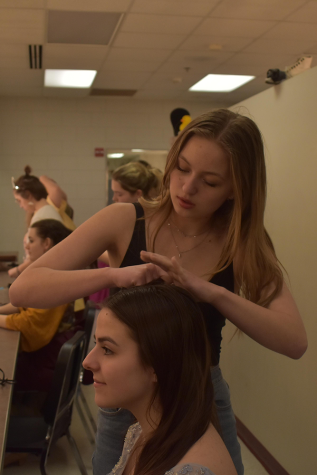
“For my radio and television class, we had to stop a lot of the things we had [planned]. We lost some projects that we had going on. We had to stop our weekly CPTV news, which was tough,” DeVany said.
Evanich mentioned that problems from the hack continued into their competition season, which led them to using the free digital audio editor, Audacity, in place of Adobe Audition at the time.
The timing of the hack also caught some seniors like Minan during their college application process, making them unable to send transcripts for some time, but for Evanich, his experience through the COVID-19 pandemic made him consider other options.
“My grades dropped, so I started looking at things other than college. I decided that I’m not going to go to college. I’m actually going to barber school,” Evanich, “This is probably something that I would have never thought of doing before COVID, but I was really starting to look at other options, and decided this looks like something I’d enjoy more than going to college.”
While we all have varying opinions on how the pandemic will affect us going forward, Evanich feels we can be too harsh when looking back.
“We can’t judge ourselves too harshly on what we did in the past and feel like it ruined our whole entire lives,” Evanich said, “We should really let time go on before we decide if things are good or if things are bad.”

